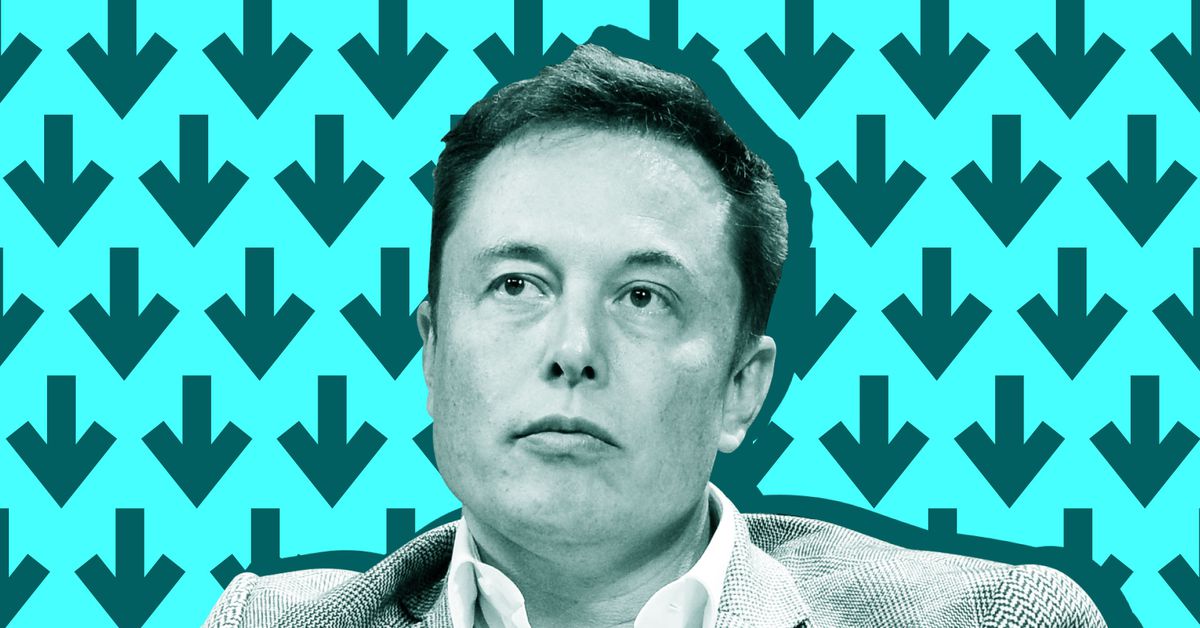Elon Musk loses bid to undo his 2018 agreement with the SEC
Twitter’s prospective new owner Elon Musk still has some restrictions on his tweets that most of us do not. They’re as a result of a 2018 settlement with the Securities and Exchange Commission (SEC) over his infamous “funding secured” tweet about taking Tesla private. Even considering Musk’s complaints that he was coerced into taking the deal and contempt for the “bastards” at the SEC, earlier today, US District Judge Lewis Liman ruled against Musk, letting the agreement stand as originally written (via Reuters).
One of the things Musk wanted — but didn’t get — was for the court to stop a subpoena from the SEC for information to determine if a tweet last fall with a poll about selling 10 percent of his stock had been vetted first, per the consent agreement he is under. Musk complained of an “endless investigation” that served as an attempt to “chill his exercise of First Amendment rights.”
Judge Liman determined the court was prevented from reviewing whether or not the subpoena had been properly issued but also writes that, if the court had ruled on it, the evidence presented showed that the “SEC plainly is entitled to probe the issue.”
As for Musk’s request to terminate the consent decree, claiming that it intrudes on his “First Amendment right to be free of prior restraints,” the judge didn’t buy his arguments, made via Eminem lyrics or otherwise. Besides remarking that “even Musk concedes that his free speech rights do not permit him to engage in speech that is or could “be considered fraudulent or otherwise violative of the securities laws,” the judge wrote the following:
Musk, by entering into the consent decree in 2018, agreed to the provision requiring the pre-approval of any such written communications that contain, or reasonably could contain, information material to Tesla or its shareholders. He cannot now complain that this provision violates his First Amendment rights.
Musk’s other arguments flopped similarly. As for his claim about the “sheer number of demands” placed on him and his company as a result of the agreement, the judge decided the SEC’s three sets of inquiries were “unsurprising.” The same goes for his argument that he made the deal under “economic duress.” Judge Liman writes that seeing it through the lens Musk’s lawyers presented would make settlements impossible to reach since executives could simply claim that they felt “forced,” forcing the government into expensive trials and removing an option for defendants.
Musk was not forced to enter into the consent decree; rather, “for [his] own strategic purposes, [Musk], with the advice and assistance of counsel, entered into these agreements voluntarily, in order to secure the benefits thereof, including finality.” Securities and Exchange Commission v. Conradt, 309 F.R.D. 186, 187–88 (S.D.N.Y. 2015). Musk cannot now seek to retract the agreement he knowingly and willingly entered by simply bemoaning that he felt like he had to agree to it at the time but now—once the specter of the litigation is a distant memory and his company has become, in his estimation, all but invincible—wishes that he had not.
For all the latest Technology News Click Here
For the latest news and updates, follow us on Google News.

